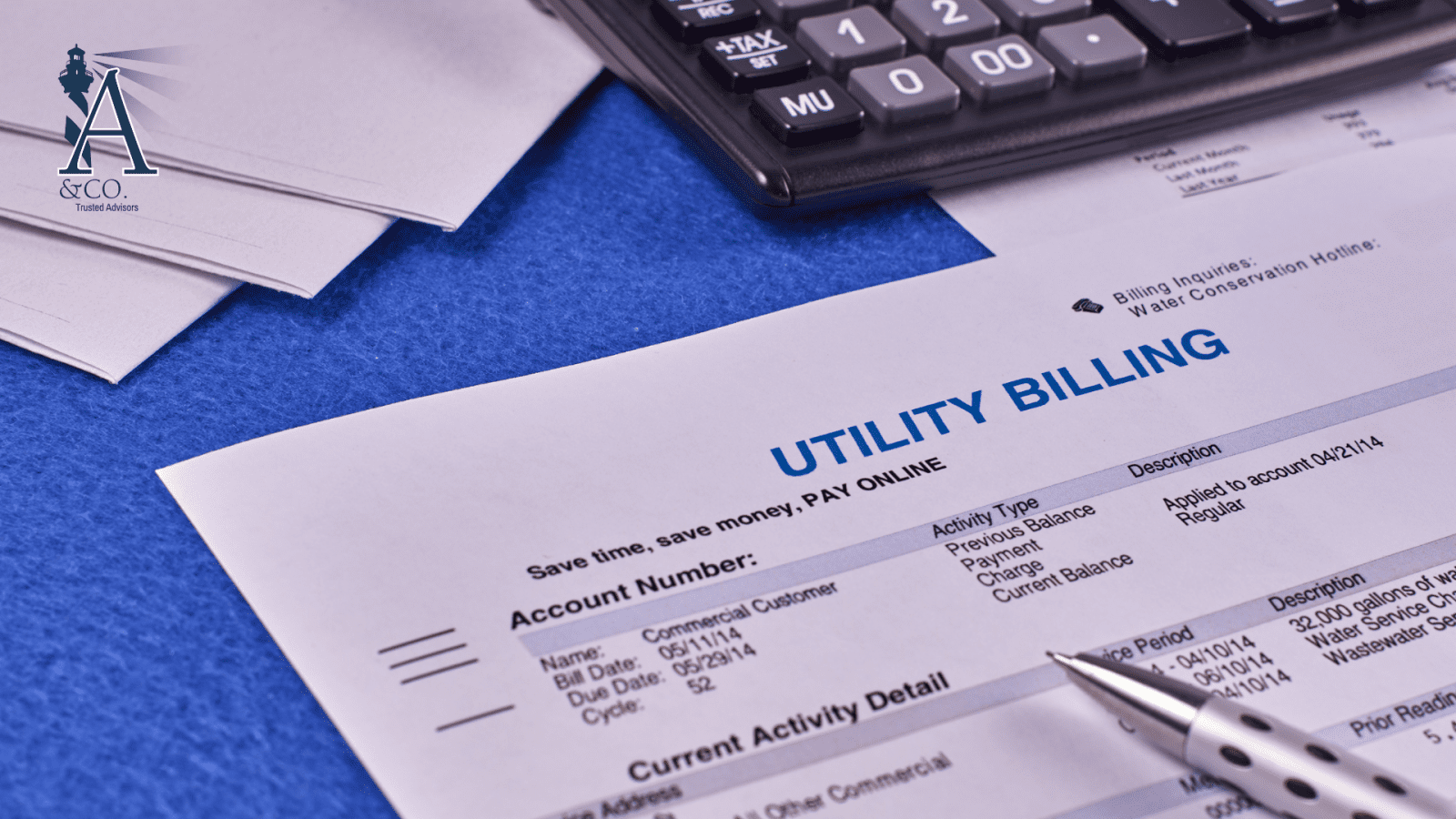As a manufacturing company, you’re likely familiar with the sales tax exemptions available for machinery and tools used in your production process. However, did you know that there are also exemptions for utilities? Considering utilities often represent a significant cost within manufacturing, understanding and leveraging this exemption can lead to substantial savings for eligible businesses, especially in states like Connecticut.
Key Regulations in Connecticut
In Connecticut, specific statutes such as 12-412(3) & 12-412(16) outline exemptions for the sale of gas, electricity, and heating fuel when used directly in the fabrication of products intended for sale. To qualify, it’s crucial that at least 75% of these utilities are used in the manufacturing process within a metered building.
Moreover, the Connecticut CERT-115 form serves as the vehicle for claiming this exemption. This blanket certificate covers all purchases of qualifying utilities, streamlining the process for eligible manufacturers.
Navigating Eligibility Simplified
Let’s break it down further. Are you eligible for sales tax relief?
Full Exemption: This applies to utilities directly and exclusively used in production processes such as agricultural production, fabrication of finished products, or in industrial manufacturing plants.
Partial Exemption: If utilities aren’t directly used, they must still contribute at least 75% to production activities. Non-production uses like administration or distribution may not qualify. In cases where utility lines aren’t exclusively directed to production, an allocation method becomes necessary, ensuring at least 75% usage in production.
Seeking Assistance for Accurate Allocation
For mixed-use facilities, accurately allocating utility usage becomes critical. Engaging in a Utility Study can help determine the most precise method for allocation. Two acceptable methods include the usage test (75% or more utility usage for manufacturing) or the square footage test (75% or more area used for manufacturing).
Navigating the Process
Once eligibility is determined, completing the CERT-115 form and submitting it to the utility provider’s business service initiates the exemption process. Upon acceptance, the utility company eliminates sales taxes on qualifying utilities for three years. After this period, re-submission is necessary to maintain the exemption.
Additionally, Connecticut offers an exemption of the first $150 in electric charges to eligible businesses, further enhancing potential savings.
Seek Expert Advice
Are you unsure about your eligibility for the sales tax exemption or have questions about the process? Our team at Accavallo & Company LLC is here to help. Reach out to us today, and let’s maximize your savings together.



